DOJ Plans to Reclassify Marijuana From Schedule I to Lower-Risk Schedule III Drug

On April 30, 2024, following a months-long process, the U.S. Department of Justice (DOJ) circulated a proposal to reclassify marijuana from a Schedule I to a Schedule III controlled substance. This historic move—likely the most substantial change to federal drug policy in more than fifty years—would place marijuana amongst the likes of acetaminophen with codeine, […]
Weed at Work: Can Georgia Employers Still Drug Test?
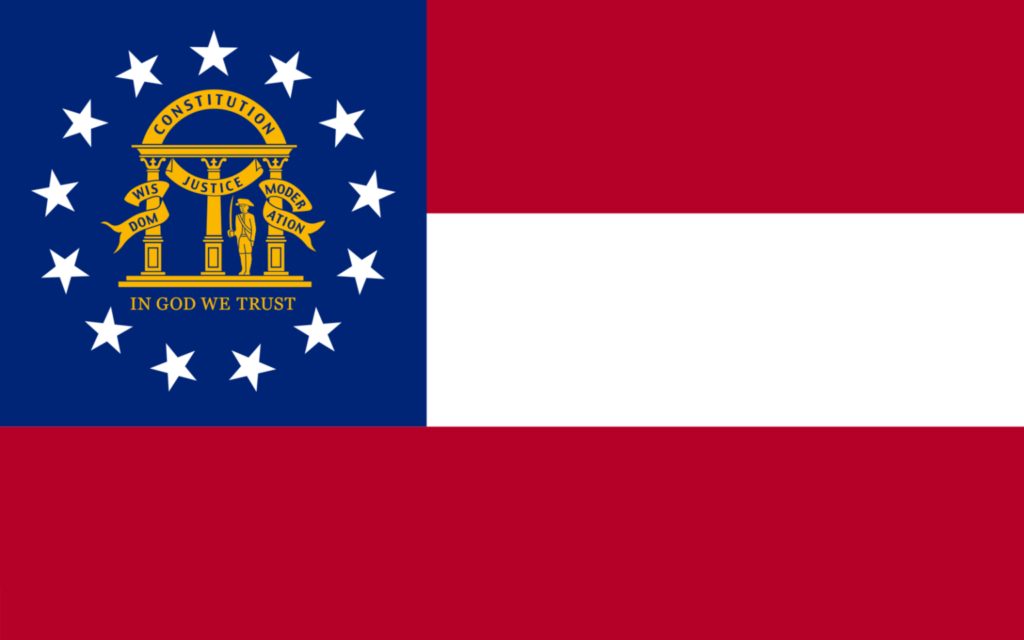
Across the United States, a broad legal spectrum has developed regarding the use of marijuana, thus creating great uncertainty among employers that have long striven to maintain drug-free workplaces. Federally, marijuana still is classified as a prohibited Schedule I substance under the Controlled Substance Act. In recent years, many states have decriminalized marijuana, some limiting […]
Ohio Becomes 24th State to Legalize Recreational Use of Marijuana: 7 Key Considerations for Employers
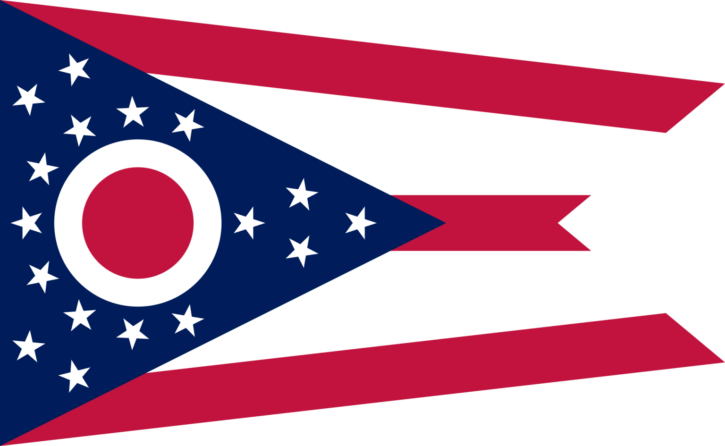
On November 7, 2023, Ohio voters made Ohio the twenty-fourth state in the United States to legalize the recreational possession and use of marijuana. Ohio Revised Code (R.C.) Section 3780, which is subject to amendment by the Ohio General Assembly, will go into effect on December 7, 2023, but it will take months to establish […]
Maryland and Missouri Pass Recreational Marijuana, Missouri Adds Medical Marijuana Cardholder Employment Protections
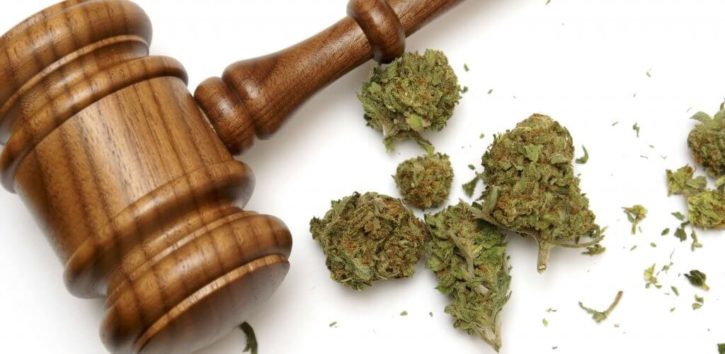
On November 8, 2022, voters in Maryland and Missouri overwhelmingly approved ballot measures to legalize recreational marijuana, becoming the 20th and 21st states to do so. And, as part of the ballot initiative in Missouri, the existing medical marijuana law was amended to include express employment protections for medical marijuana cardholders. At the same time, […]
Colorado Voters Pass Proposition to Allow Regulated Use of Psychedelic Mushrooms

On November 8, 2022, voters in Colorado passed a ballot initiative to decriminalize possession of and legalize limited use of psychedelic mushrooms and other plant- and fungi-derived psychedelic drugs by those 21 years of age or older. The passage makes Colorado, which was one of the first states to legalize recreational marijuana, the second state to […]
California Passes Bill Protecting Employees’ Off-Duty Marijuana Use

California employers may soon be barred from discharging employees or refusing to hire individuals based on their off-duty use of marijuana, under a new bill headed to the governor’s desk. On August 30, 2022, the California legislature passed Assembly Bill (AB) 2188, which would prohibit employers from discriminating against “a person in hiring, termination, or […]
Nevada High Court Rules Recreational Marijuana Is Not ‘Lawful Off-Duty Conduct’

In a decision issued on August 11, 2022, the Nevada Supreme Court declined to recognize recreational marijuana use as a “lawful” activity for purposes of the state’s law providing employment protections for “lawful activities” or “lawful off-duty conduct” outside of work. The court reasoned, in Ceballos v. NP Palace, LLC, that while recreational marijuana use is […]
Minnesota Legalizes the Consumption of THC Edibles – How Can Multistate Employers React to This Growing National Trend?
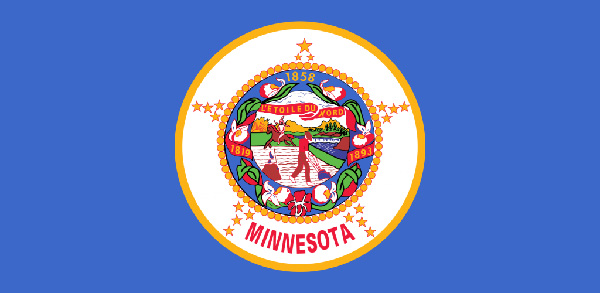
On June 2, 2022, Minnesota Governor Tim Walz signed House File (H.F.) 4065 into law, a measure that provides clarity regarding hemp-derived consumables stemming from the Agriculture Improvement Act of 2018, also known as the 2018 Farm Bill. Notably, this law now allows the sale and consumption of “edible cannabinoid” products containing no “more than five […]
Excusing False Positive Drug Test Caused by CBD Use May Be a Reasonable Accommodation, Says U.S. District Court in Louisiana
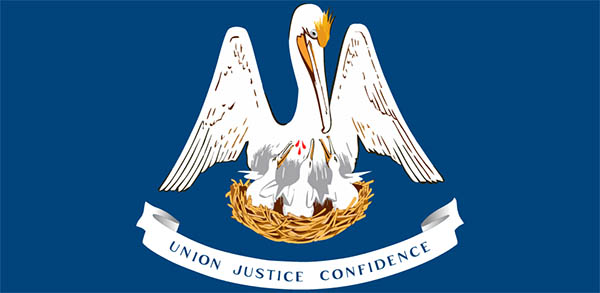
A federal district court in Louisiana, in Huber v. Blue Cross & Blue Shield of Florida, Inc., recently denied an employer’s motion for summary judgment in an Americans with Disabilities Act (ADA) and Louisiana Employment Discrimination Law (LEDL) case, finding, among other things, that accounting for and excusing a false positive drug test resulting from […]
California Bill Proposes to Prohibit Employment Discrimination Against Marijuana Users

A bill recently introduced in the California Assembly proposes to prohibit discrimination against employees who use cannabis off the job. The legislation, Assembly Bill (AB) No. 2188, would amend California’s employment antidiscrimination law, the Fair Employment and Housing Act (FEHA), and make it an unlawful practice for an employer to discriminate against an adult applicant or […]
New Measures in Oregon Decriminalize Certain Narcotics and Legalize Psilocybin Therapy
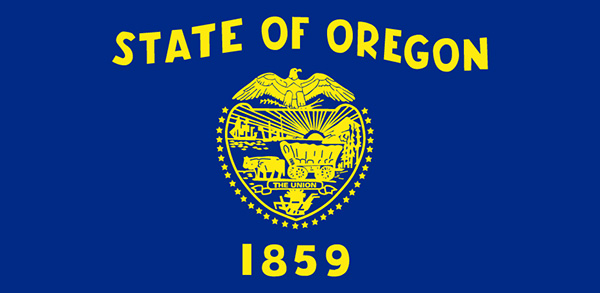
Oregon voters approved two groundbreaking measures in the 2020 election season to become the first state in the nation to decriminalize personal possession of small amounts of certain controlled substances (Measure 110) and legalize the therapeutic usage of psilocybin in a controlled therapy setting (Measure 109). Many employers may be wondering what these measures mean […]
